The resilient nurse on the battlefield
The story of Y Pan's life begins with irreparable losses. Y Pan was born and raised in Dak Me (Po Y) village, a small village at the intersection of three countries: Vietnam, Laos, and Cambodia. Orphaned from childhood, Y Pan was adopted by a military unit. Thanks to her quickness and intelligence, at the age of 19, Y Pan was sent to the North to study medicine, a rare thing for ethnic minorities in a very difficult area at that time. The years of studying in the North gave her a strong belief in the revolutionary ideal and the desire to serve her homeland. In 1974, when the resistance war against the US entered a fierce phase, she volunteered to return to the Central Highlands battlefield. In the middle of the Central Highlands mountains and forests, where the enemy constantly attacked and medical conditions were extremely lacking, the female nurse of the Brau ethnic group became a support for soldiers and people.
 |
| Village elder Y Pan. Photo: THANH AN |
Mrs. Y Pan said: “In those days, the Brau people were very united, each person was a soldier. Some carried food, some carried bullets, some hid cadres, and the old man, thanks to studying medicine, was able to go with the army to treat wounded soldiers and injured people. Many times, he had to walk dozens of kilometers to find medicinal leaves.” Not only was she a nurse, she was also a propaganda soldier. From the Ngoc Hoi border area, she contributed to lighting the revolutionary fire in the hearts of the youth of the Brau, Ede, and Xe Dang ethnic groups... The sons and daughters of the village, following the call of the country, all went on the road to carry rice and bullets, protecting every inch of their homeland. Among them, some did not return, but the fire that Mrs. Y Pan and her people lit never went out.
Mr. Thao Loi, a close neighbor living in the same village of Dak Me, could not hide his admiration: “Old Y Pan is a very exemplary person, living a simple life, doing what he says. For many years, he has been going out every day to mobilize people to protect the forest, protect the village, and teach his children to go to school. Whatever is difficult, he volunteers to do first, so everyone in the village listens and follows him.”
The village keeper and the instigator of change
After the country was unified, Y Pan returned to her village, continuing a new journey, building a peaceful and prosperous life. If before, during the war, she fought in the midst of bombs and bullets to protect her homeland, now she fights against poverty, backwardness, and bad customs to make her village prosperous and happy.
The people trusted and elected Ms. Y Pan as village elder, a rare position for women in the traditional Brau community. As a party member, she continued to play a key role in the local party cell, implementing policies at the grassroots level. From economic development, education, culture to border protection... she was a pioneer and exemplary person.
One of her first and most difficult tasks was to persuade people to abandon the practice of shifting cultivation and nomadic living. For the Brau people, the practice of shifting cultivation and nomadic living has long been ingrained in their thinking. They are used to slash-and-burn farming, sowing seeds, and then moving. For them, farming and fixed cultivation is strange and even very hard. “At first, when talking about farming, they strongly opposed it. Some said the land was muddy, others were afraid of the buffaloes and cows, so I had to go to each house and persuade each person. Many times I was refused, but I was not discouraged. I even asked the Border Guard to come and propagate and persuade people. Only when they saw the benefits did they agree to do it,” Ms. Y Pan said.
Thanks to that perseverance, many families have switched to rice farming, livestock farming, and vegetable growing. Step by step, life has become more stable, children can go to school, diseases are less common, and bad customs are gradually eliminated. Not only that, she also works with the Border Guard to protect the border, landmarks, and encourage young people not to illegally cross the border. Comrade Tran Xuan Tiem, a reinforced border guard officer of Po Y commune, shared: "Old Y Pan is a special person, he is both an exemplary officer and an inspiration to the people. Thanks to him, up to now, many students have not dropped out of school, young people have not crossed the border, and people have not listened to bad guys." People like him have also supported the government and the People's Armed Forces in propagating policies, building a "cultural village" model, connecting ethnic groups living together and developing together on this sunny and windy border strip.
Now, despite his old age, Mr. Y Pan is still agile, keeping the sharp eyes and strong, firm voice of a soldier in the past. In the simple stilt house in the heart of Dak Me village, he still welcomes people every day, talks with the elderly and the young, and continues to be a "big tree" that provides shade for the village. Mr. Y Pan does not forget to mention the culture of the Brau people, one of the smallest ethnic groups in Vietnam. He always emphasizes that, if they want to develop, the Brau people must not forget their roots. "We must live well according to the Party and the State, but the gongs, the panpipes, and the national songs must be preserved for future generations," he said.
In the hearts of the people and border guards, Mr. Y Pan is the embodiment of resilience in the great forest, a shining example of a woman from the Central Highlands. From her example, we can clearly see that the revolutionary tradition is still being nurtured through each generation, silently but strongly, like a stream flowing endlessly. With such tireless contributions, Mr. Y Pan is not only recognized in the village community but also repeatedly praised by all levels and sectors. He has been awarded many certificates of merit from the central to local levels for his contributions to mass mobilization work, border security protection and preservation of ethnic minority cultural identity. But for him, the greatest reward is the change in his homeland, the full rice harvests, the children going to school and the peaceful village every morning when he wakes up.
Gia Y Pan always emphasized: “If you follow the Party and Uncle Ho, you must do exactly what he taught. You must live as an exemplary person so that people will believe and follow you. As a cadre or party member, you must not think about yourself first but must think about the village.” That is the thought that runs through the life of a woman who has a passionate heart for the land, for the people, and for the nation.
Amidst the vast green Central Highlands, the example of old man Y Pan still shines quietly. It is not only the story of a person, but also the symbol of a generation, of loyalty, devotion and timeless courage, a “living flame” that inspires future generations to continue to preserve and promote the good values of the Vietnamese ethnic community.
HONG NGUYEN
*Please visit the section to see related news and articles.
Source: https://www.qdnd.vn/cuoc-thi-viet-vung-buoc-duoi-co-dang/gia-lang-y-pan-ngon-lua-ben-bi-noi-nga-ba-bien-gioi-829078


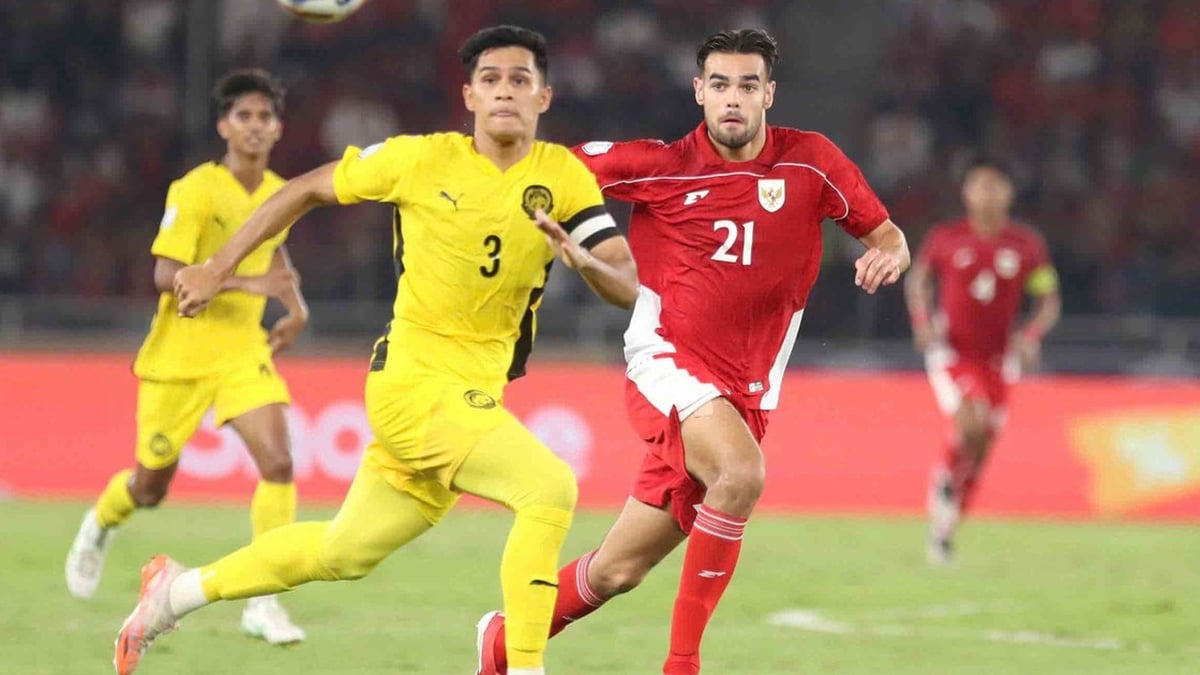

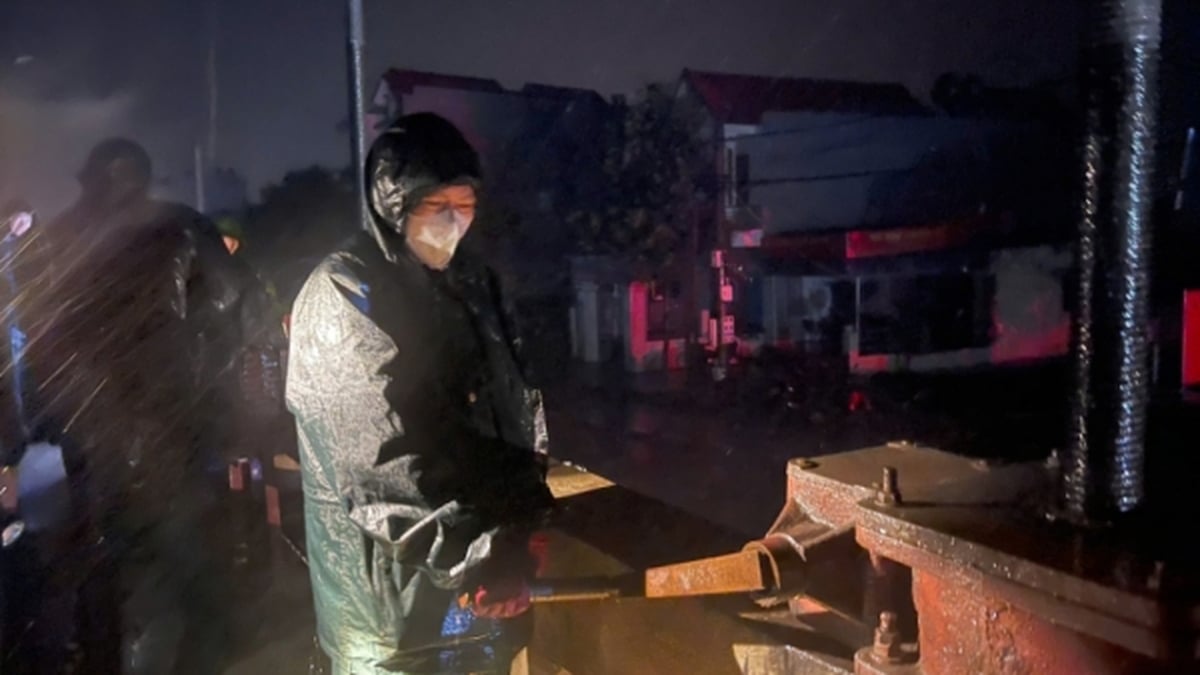
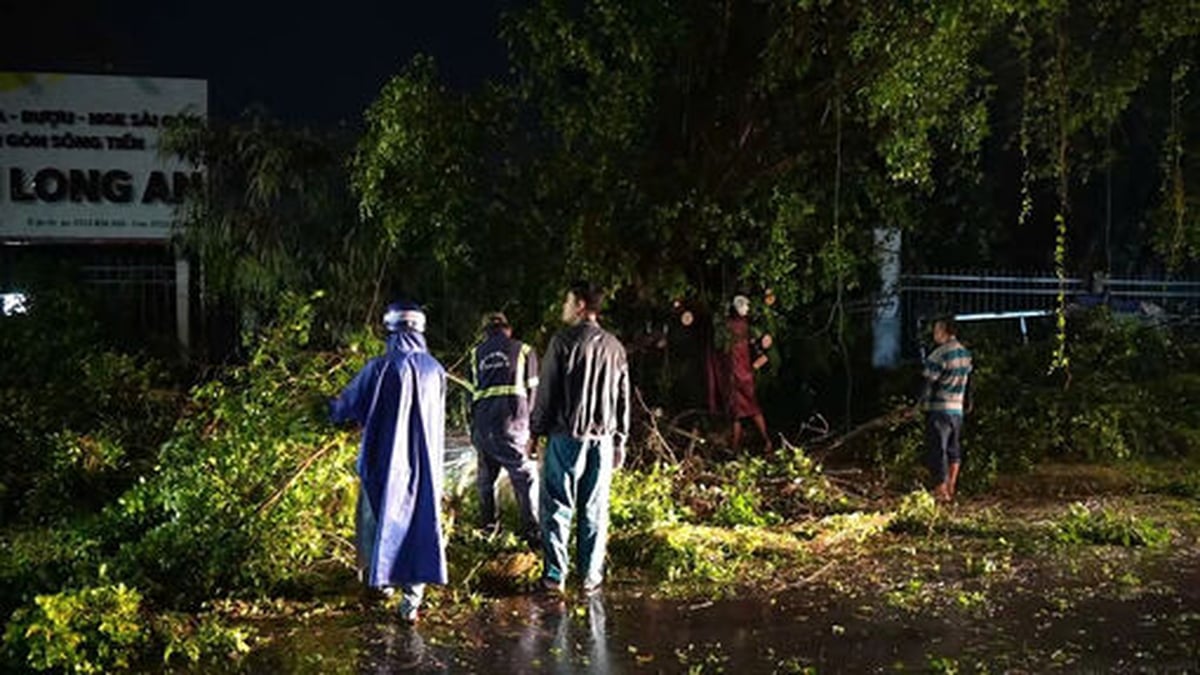
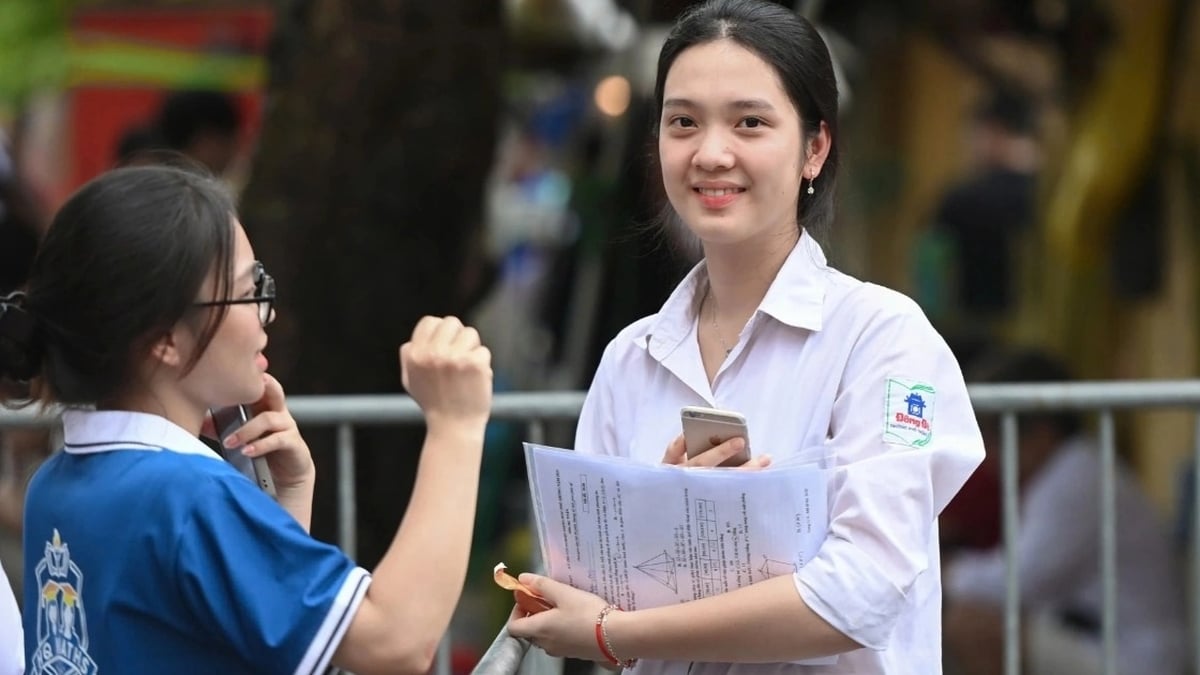
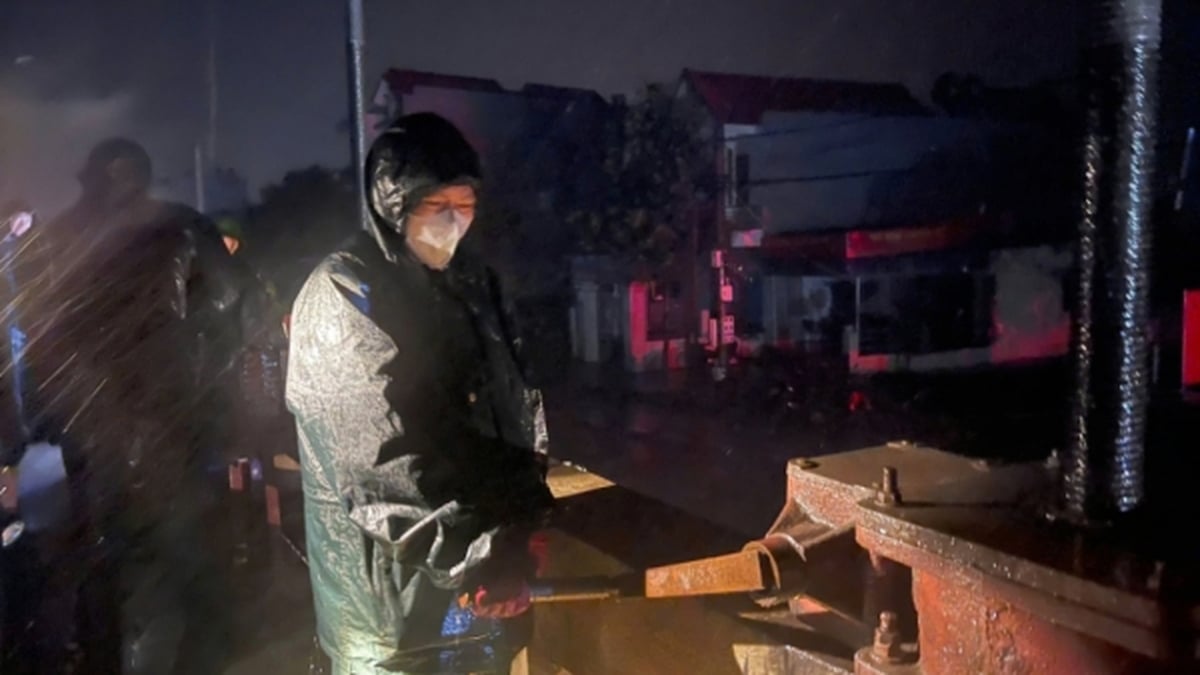
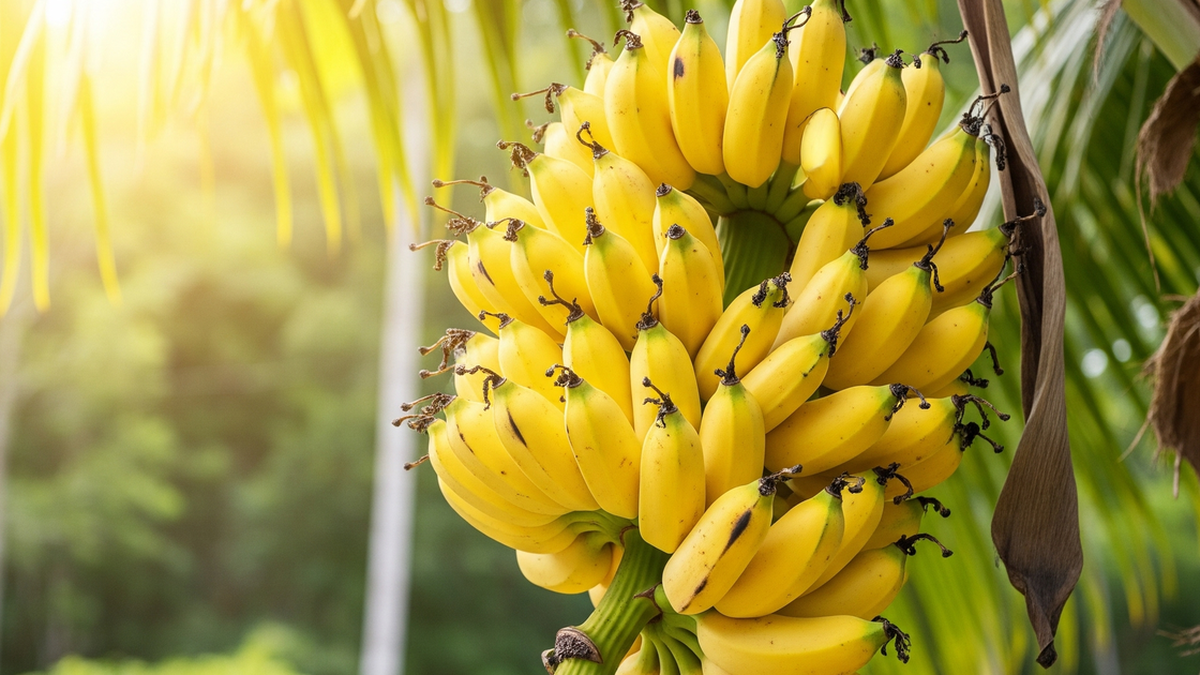
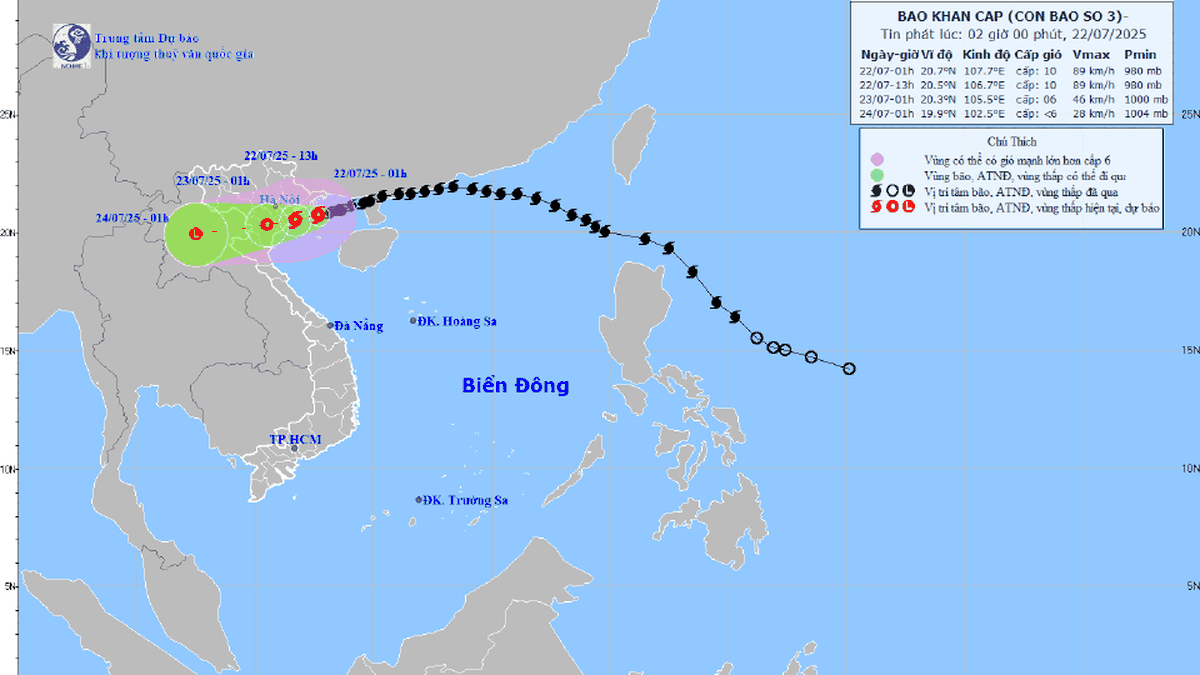
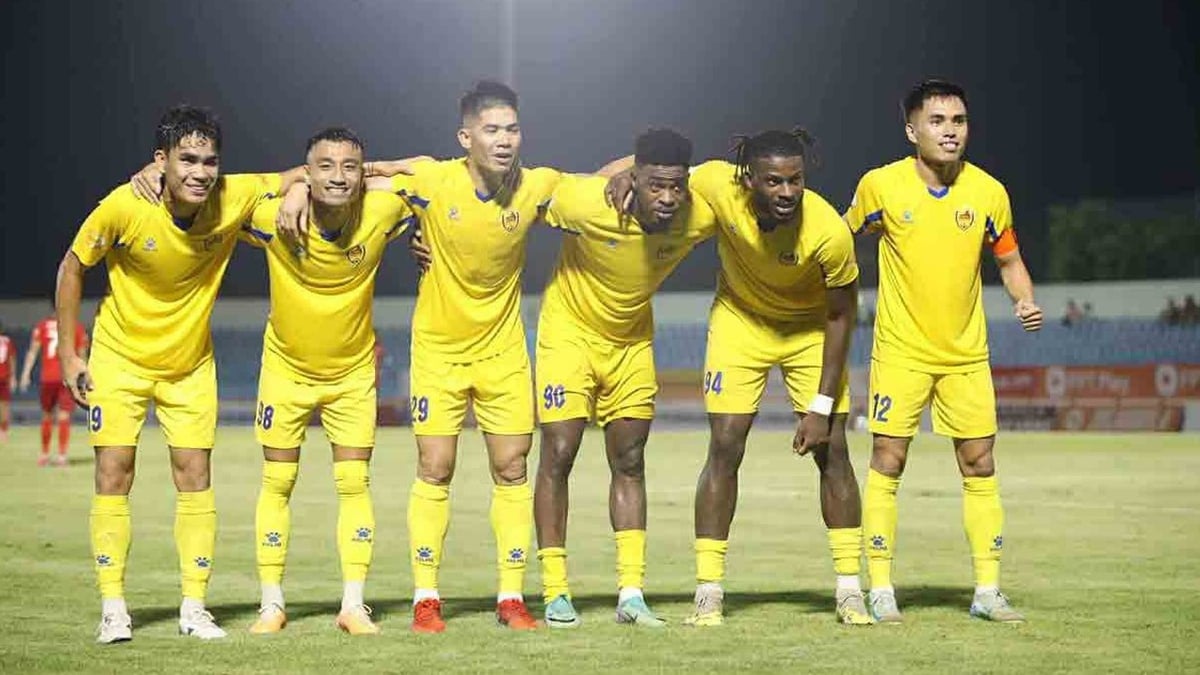
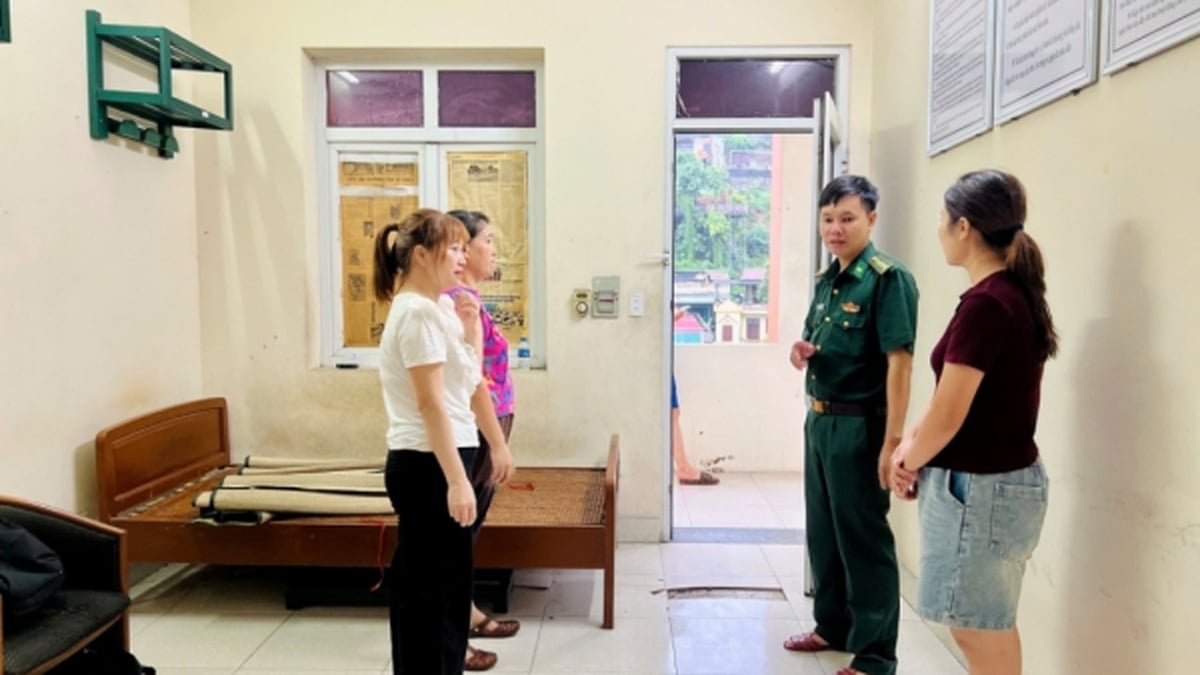










![[Photo] National Assembly Chairman Tran Thanh Man visits Vietnamese Heroic Mother Ta Thi Tran](https://vphoto.vietnam.vn/thumb/1200x675/vietnam/resource/IMAGE/2025/7/20/765c0bd057dd44ad83ab89fe0255b783)















































































Comment (0)